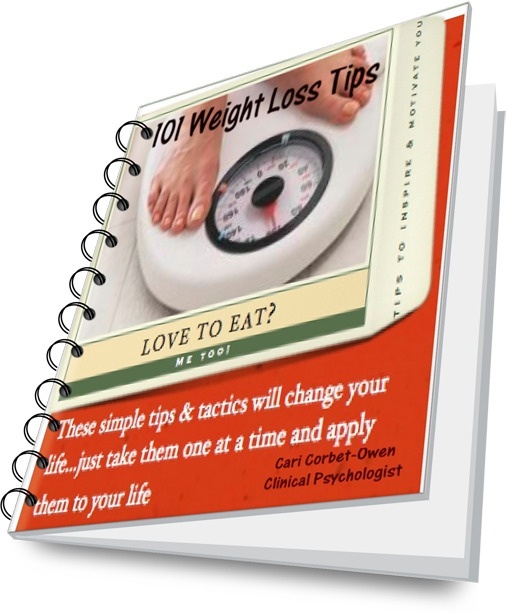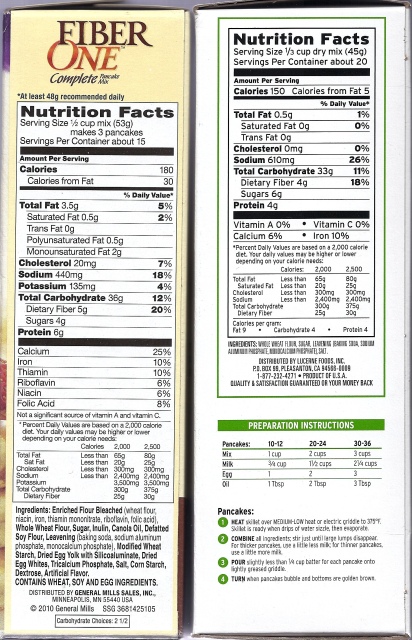vegetarian diets for children
Question
Since you have a BS in Dietetics/Nutrition, what are your thoughts about children becoming vegetarians? This is a debate I'm having with my fellow classmates, and I'm against it because children require so many vitamins/minerals for proper growth and development. So, what's your take on it?
Thanks a lot for your insight.
Hello Laura!
Thank you for your nutrition question. If planned properly, children can also follow a vegetarian diet healthfully. However, it can be difficult for children to plan appropriate meals without the help of parents. More and more teenagers are choosing not to eat meat, poultry or fish. They are becoming vegetarians. Teenage vegetarians are often faced with pressures -- pressures from parents concerned about their health, and pressures from within to continue on the path they have chosen.
Variety is the Key to a Healthy Vegetarian Diet
Probably the most frequent questions for teenage vegetarians are about the nutritional adequacy of their food choices. A vegetarian diet can be enjoyed by people of all ages. The key to a healthy vegetarian diet is variety. The vegeterian diet cannot consist of only potato chips and salad. A healthy, varied vegetarian diet includes fruits, vegetables, plenty of leafy greens, whole grain products, nuts, seeds and legumes. Some vegetarians also choose to eat dairy products and/or eggs.
Teenage vegetarians have nutritional needs that are the same as any other teenager. The years between 13 and 19 are times of especially rapid growth and change. Nutritional needs are high during these years. The nutrients most important are protein, calcium, iron, and vitamin B12.
What About Protein?
North American vegetarian teens eating varied diets rarely have any difficulty getting enough protein as long as their diet contains enough energy (calories) to support growth. Cow's milk and lowfat cheese are protein sources; however, beans, breads, cereals, nuts, peanut butter, tofu, and soy milk are also some foods that are especially good sources of protein. Only fruits, fats, and alcohol do not provide much protein, and so a diet based only on these foods would have a good chance of being too low in protein.
It is not necessary to plan combinations of foods to obtain enough protein or amino acids (components of protein). A mixture of plant proteins eaten throughout the day will provide enough essential amino acids.
Other Important Nutrients for Vegetarian Teenagers
Especially during adolescence, calcium is used to build bones. Bone density is determined in adolescence and young adulthood; so it is important to include three or more good sources of calcium in your diet every day. Cow's milk and dairy products do contain calcium. However, there are other good sources of calcium such as tofu processed with calcium sulfate, green leafy vegetables including collard greens, mustard greens, and kale, and calcium-fortified soy milk and orange juice.
Iron requirements of teenagers are relatively high. By eating a varied diet, a vegetarian can meet his or her iron needs, while avoiding the excess fat and cholesterol found in red meats such as beef or pork. To increase the amount of iron absorbed from a meal, eat a food containing vitamin C as part of the meal. Citrus fruits and juices (for example, orange juice), tomatoes, and broccoli are all good sources of vitamin C. Foods which are high in iron include broccoli, raisins, watermelon, spinach, black-eyed peas, blackstrap molasses, chickpeas, and pinto beans.
Vitamin B12 is a vitamin which only vegans (vegetarians eating no dairy, eggs, meat, fish, and birds) need to add to their diet. Some cereals and fortified soy milks have vitamin B12 (check the label). Red Star T-6635 nutritional yeast flakes (Vegetarian Support Formula) also supply vitamin B12.
Hope this helps your debate. For more answers to your nutrition questions check out my book "Ask the Nutritionists" at www.authorhouse.com or your favorite bookstore.
-George Rapitis, Bsc, Nutritionist
www.juiceblend.com
Related Articles
-
Whey Protein - to lose weight or to gain?
QuestionMy mother has always been a health and fitness nut and sh
-
Juicing
Question1. What do you think about juicing? 2. Do you believe th
-
Lost weight, scared of fat!
QuestionHi Richard! I picked you to answer my question beca
-
toning up
QuestionHello, Ive been running on my lunch hour for 20 min the l
-
dehydration
QuestionHi, I have a question regarding dehydration and I was won
-
Is there any safe and natural way to lose weight quickly?
QuestionDue to an on-the-job injury, I have been out of work for




